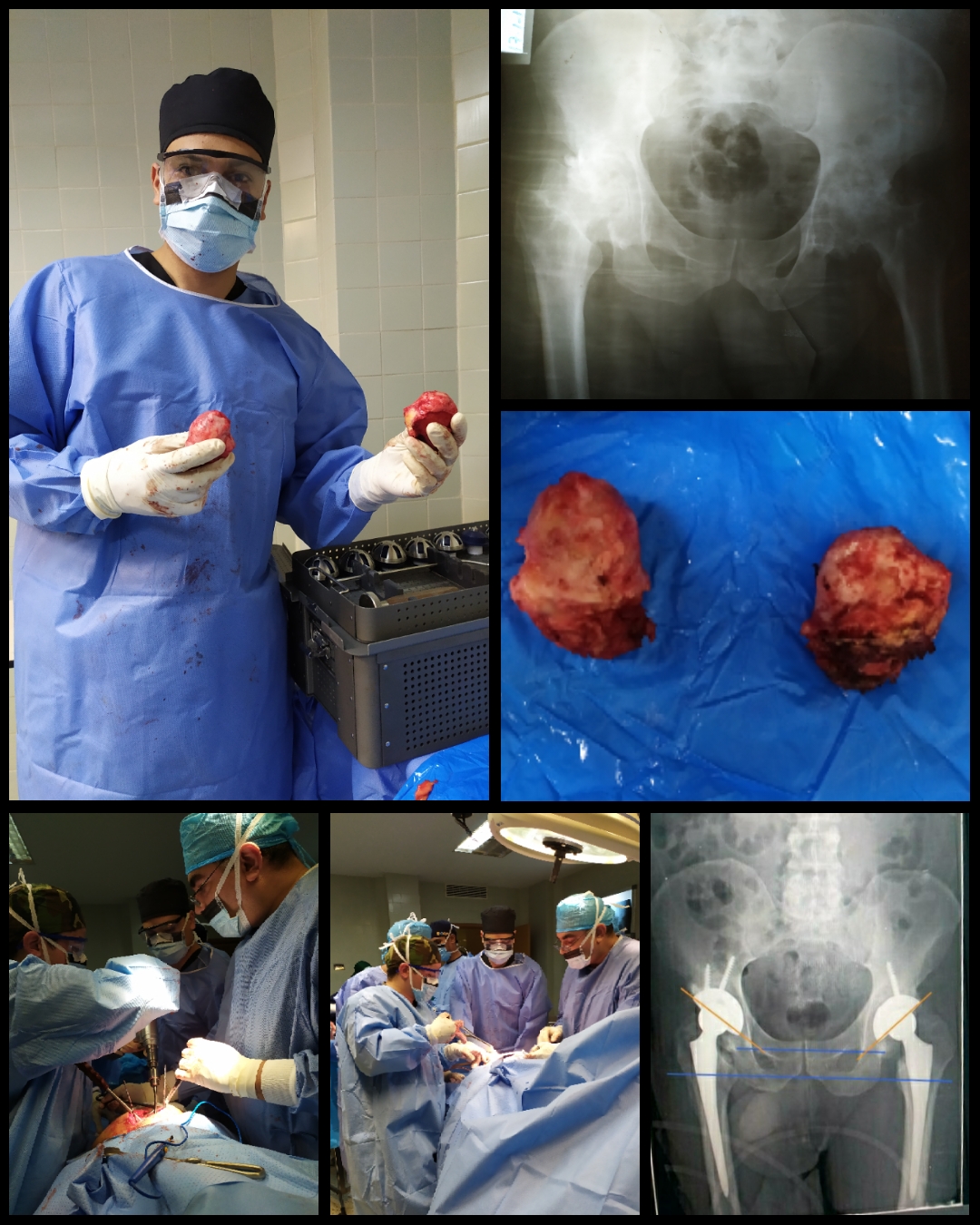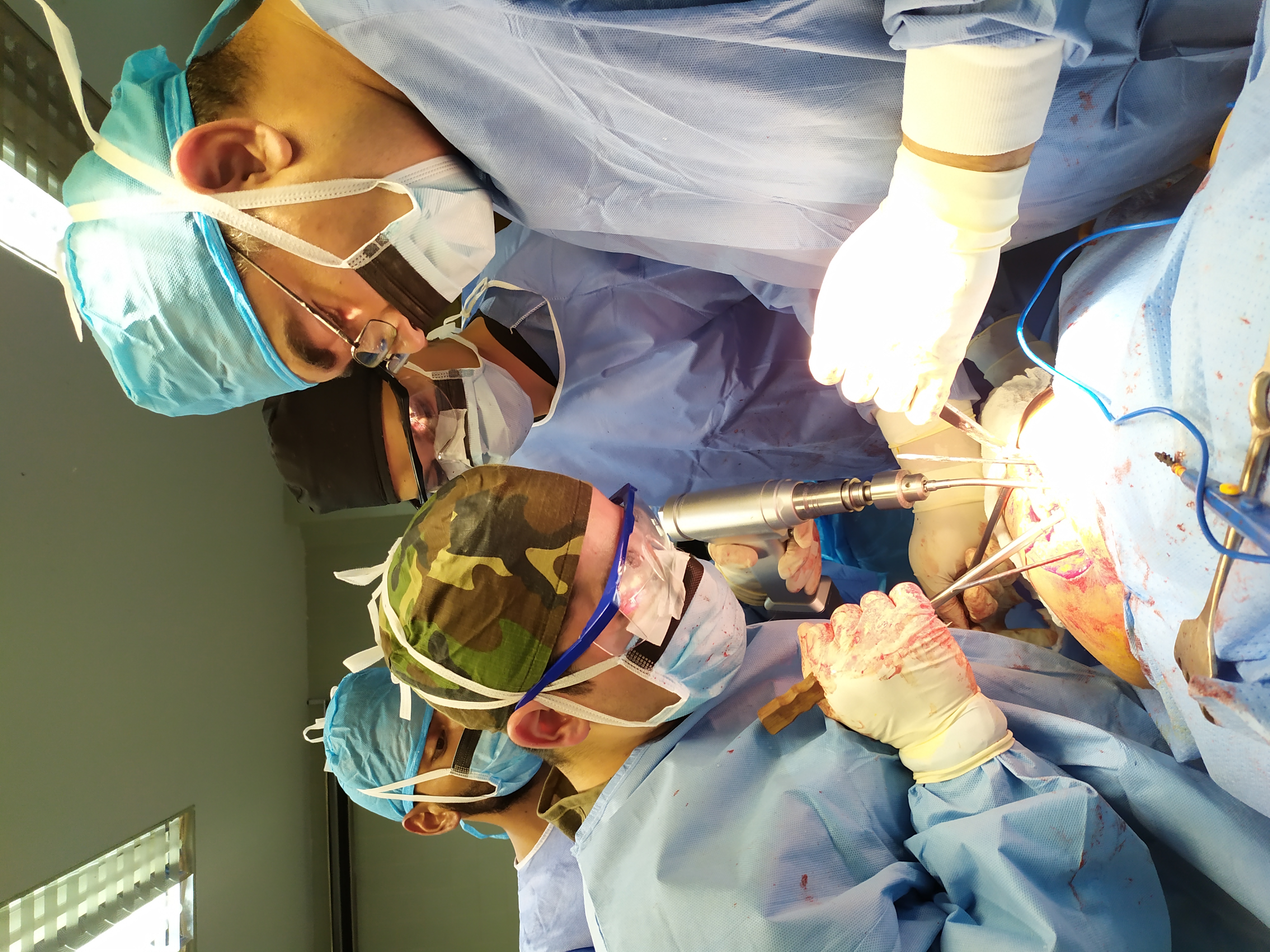
After Surgery
Until a few years ago the implantation of a hip prosthesis was a surgery that was reserved for extreme cases in which the patient reached the operating room after having endured years of pain and a considerable loss of quality of life. Today, however, it is an increasingly common procedure as a result of the ageing of the population and the early detection of joint problems. Recovery is usually rapid. However, it will vary depending on the characteristics of each patient: their age, the quality of the bone, pre-existing pathologies, the surgical procedure used and the type of prosthesis.

What to do?
Your hospital stay will typically last between 1 and 4 days, depending on how quickly you recover. Before you are discharged from the hospital, you will need to achieve several goals, such as: Getting in and out of bed by yourself. Have acceptable pain control. Be able to eat, drink, and use the bathroom. Walk with an assistive device (cane, walker, or crutches) on a level surface and be able to go up and down two or three steps. Be able to do the prescribed home exercises. Understand any hip precautions you have been given to prevent injury and ensure proper recovery. If you cannot complete these goals, it may be unsafe to go directly to your home after discharge. If this is the case, you may be temporarily transferred to a rehabilitation center or skilled nursing facility. When you are discharged, your health care team will provide information to support your recovery at home. Although the rate of complications after a total hip prosthesis is low, when these complications occur they may prolong or limit full recovery.
https://cdn.steemitimages.com/DQmddjMoMKeEZjjD6E7JUiH6kpst6jCaSJuWh1uXZMiqJxz/IMG_20190822_122313.jpg




.png)